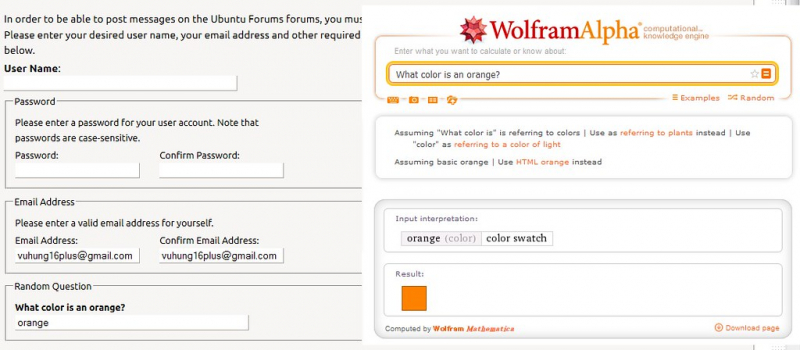Wolfram Alpha

Wolfram Alpha is a semantic search engine that was invented by Stephen Wolfram with the goal of providing specific answers to queries. Unlike Google, Wolfram Alpha does not provide hyperlinks with snippets but rather, the search engine offers a compilation of facts as specific results. It is a "computational knowledge engine" that aims to make all systematic knowledge immediately computable and accessible to everyone.
Wolfram Alpha has been able to handle particular inquiries since its inception in 2005 and is regarded as a pioneer of semantic search. The system works by providing complete lists and tables instead of crawlers and indexes that create hyperlinks. Wolfram Alpha can also be used to find academic articles by simply typing in keywords, and it generates a list of academic articles that match the query, ranked by relevance.
Wolfram Alpha's mission is to collect and curate all objective data, apply every known model, technique, and algorithm, and calculate everything that can be computed. The search engine makes expert-level information and capabilities available to the widest possible range of people, regardless of occupation or level of education. It seeks to take entirely free-form input and provide strong outcomes that are presented as clearly as possible.
Website: https://www.wolframalpha.com/










